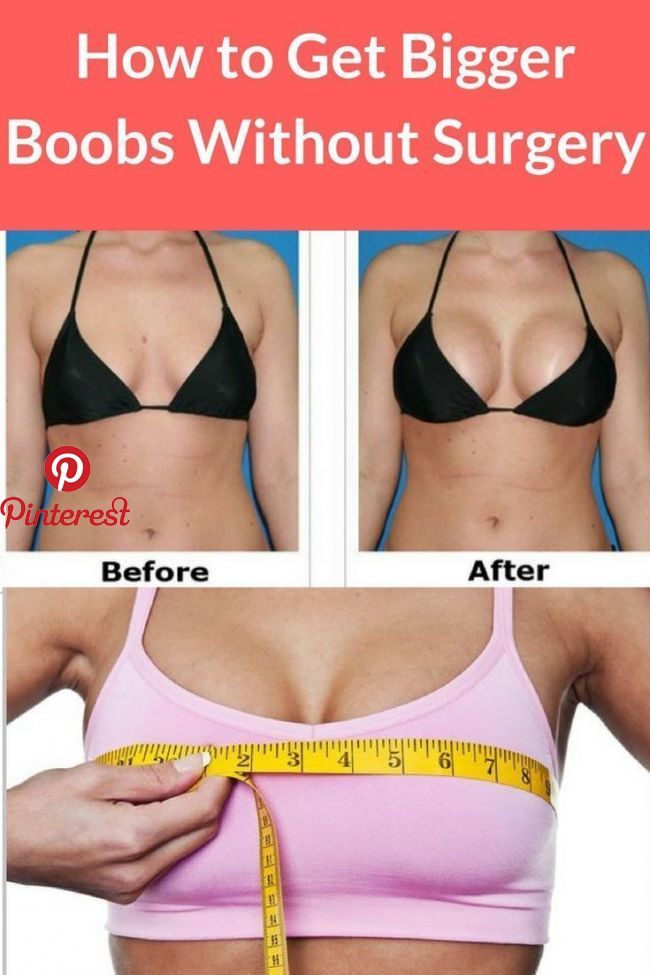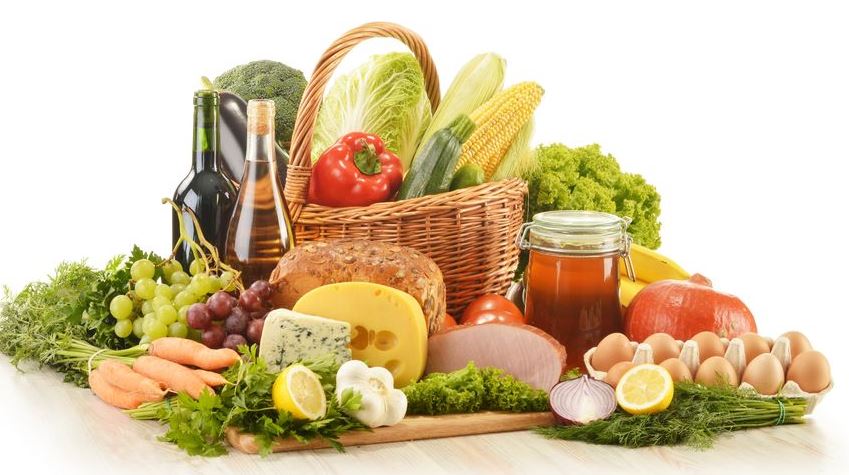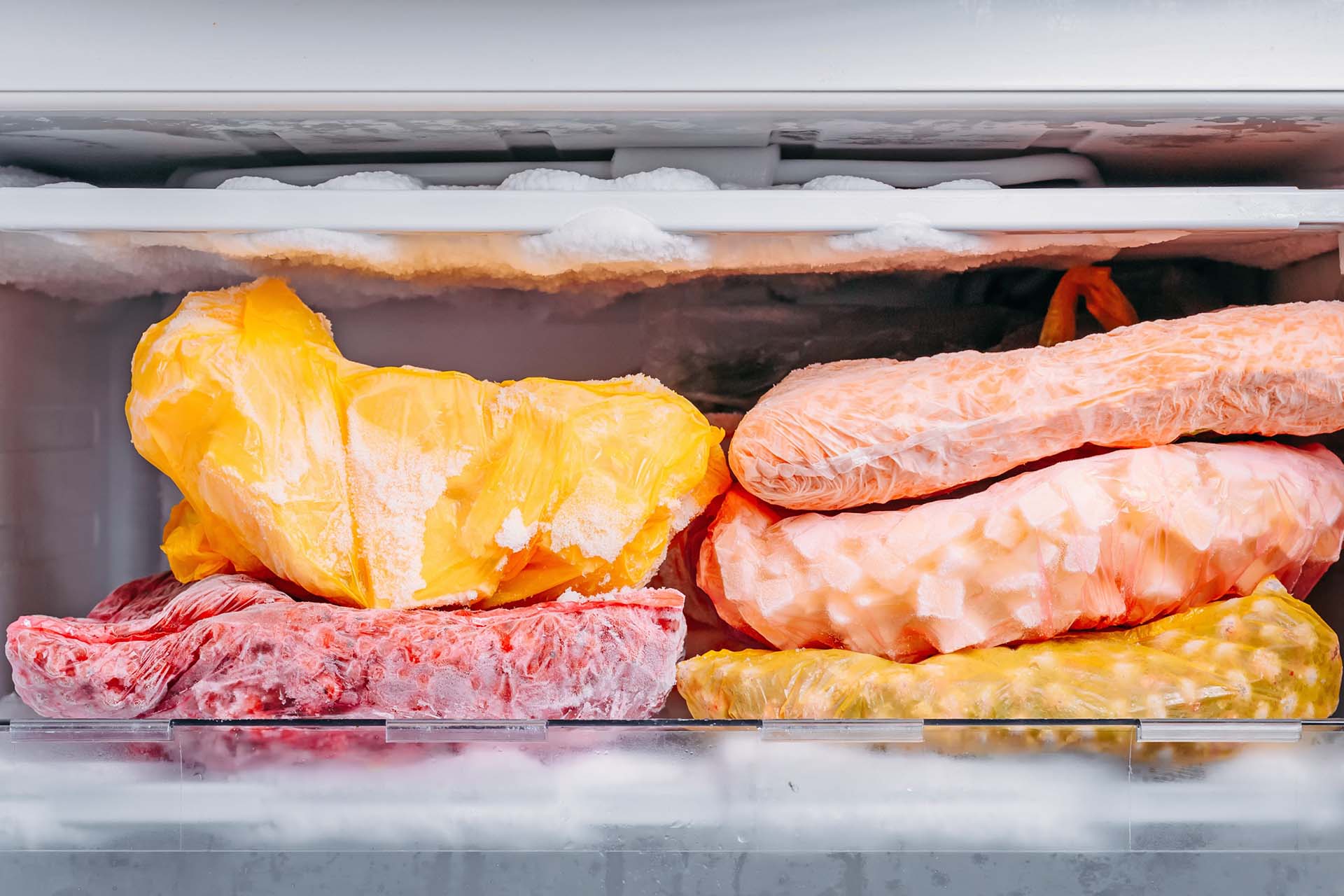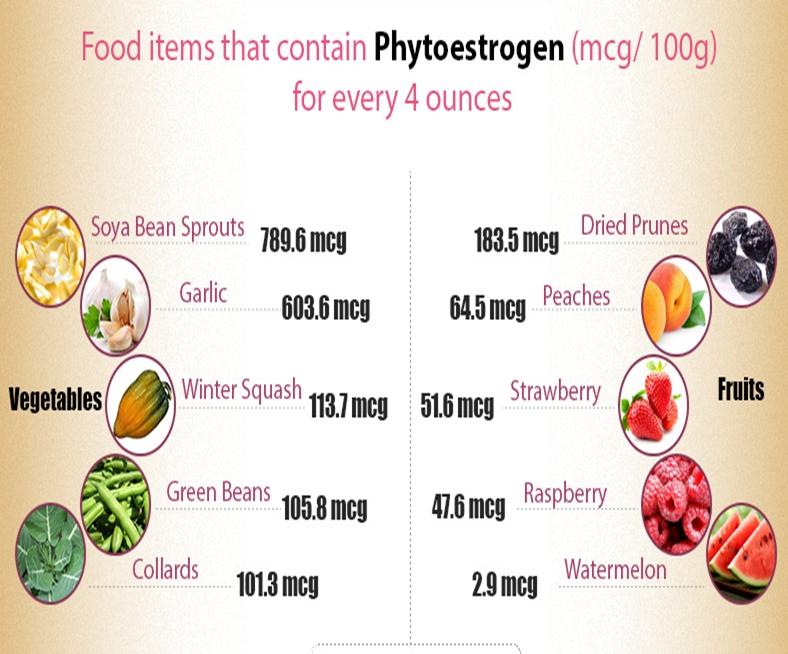What Foods Grow Your Butt

The size and shape of your butt are primarily determined by genetics and body fat distribution. While specific foods cannot directly “grow” your butt, consuming a balanced diet that supports muscle growth and overall health can positively impact the appearance of your backside. Here are some nutrient-rich foods that may contribute to a fuller, more toned butt:

1. Lean Protein:

- Protein is essential for building and repairing muscle tissue, including the gluteal muscles in your butt.
- Good sources of lean protein include chicken, turkey, fish, beans, lentils, and tofu.
2. Healthy Fats:
- Healthy fats, such as monounsaturated and polyunsaturated fats, can help support muscle growth and recovery.
- Good sources of healthy fats include avocado, nuts, seeds, olive oil, and fatty fish like salmon and tuna.
3. Carbohydrates:
- Carbohydrates provide energy for your muscles during exercise and help promote muscle recovery.
- Choose whole grains, fruits, and vegetables as your primary sources of carbohydrates.
4. Fruits and Vegetables:
- Fruits and vegetables are packed with antioxidants and essential nutrients that support overall health and well-being.
- Eating a variety of fruits and vegetables can help reduce inflammation and promote muscle growth.
5. Water:
- Proper hydration is crucial for overall health, including muscle function and recovery.
- Staying hydrated helps transport nutrients to your muscles and aids in muscle protein synthesis.
6. Creatine:
- Creatine is a natural substance found in muscle cells that helps provide energy during high-intensity exercise.
- Consuming creatine supplements may enhance muscle growth, including in the glutes.
Remember that targeted muscle growth, including in the butt area, requires consistent strength training exercises that target the gluteal muscles. A combination of squats, lunges, deadlifts, and hip thrusts can help build and tone your butt muscles. It is also important to maintain a healthy body fat percentage to reveal the underlying muscle definition.
While certain foods can support muscle growth and overall health, there is no magical “butt-growing” food. A balanced diet, regular exercise, and a healthy lifestyle are key factors in achieving your fitness goals and improving the appearance of your butt.










